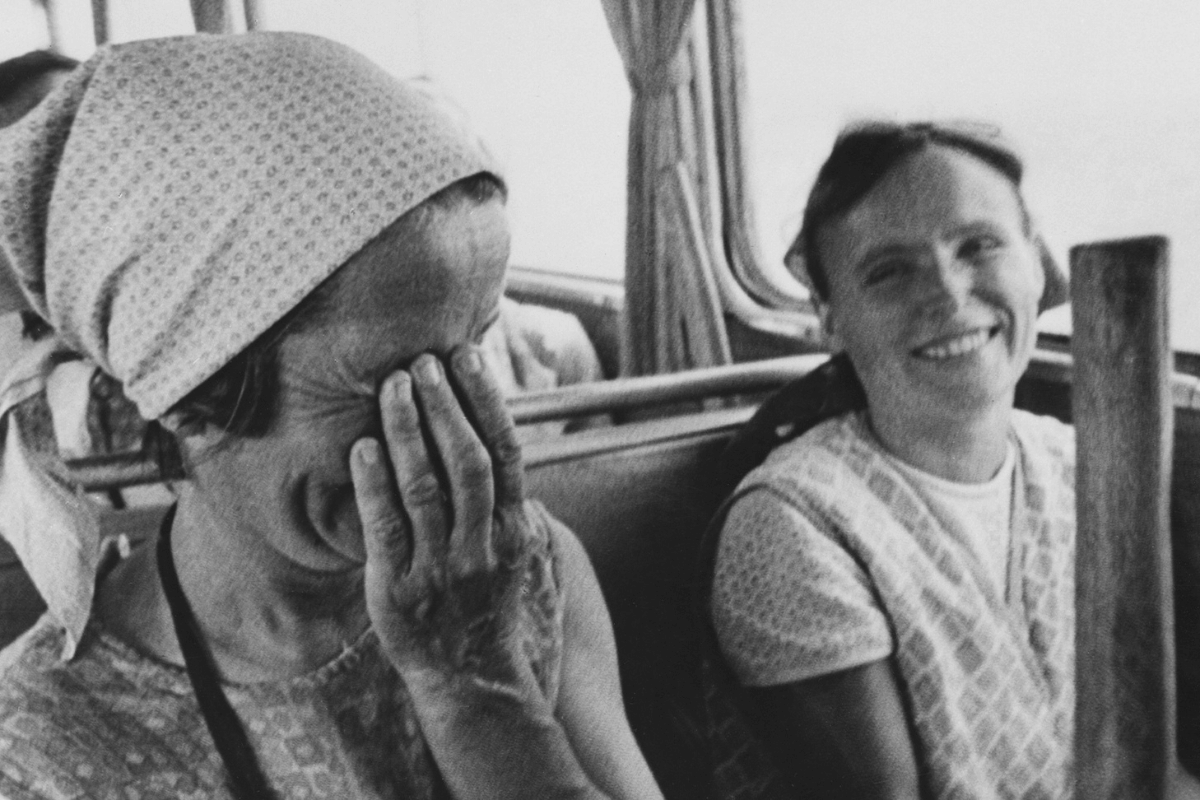
A HUNGARIAN VILLAGE – On the Field of God in 1972-73
Istenmezején 1972–73-ban
Hungary | 1974 | 78 min | bn | restaured copy
While some girls are playing and singing, some boys look at them from a distance, almost ashamed. Teenage is the age of promises and dreams that are quickly broken. Those girls and those boys discuss their mandatory choices: will they be able to continue their studies, or will they have to find a job? Will they have to get married and abandon their dreams? Their both shy and determined words, the faces explored by the camera, are forms of a journey performed through different existences: lives of women who try to affirm their identity and to fight the narrow-minded habits of a small village in the Hungarian countryside. Cinema as an exploration of life forms in which the inner gaze emerges through the attention for gestures and details, creating a both poetical and melancholy film. (d.d.)


